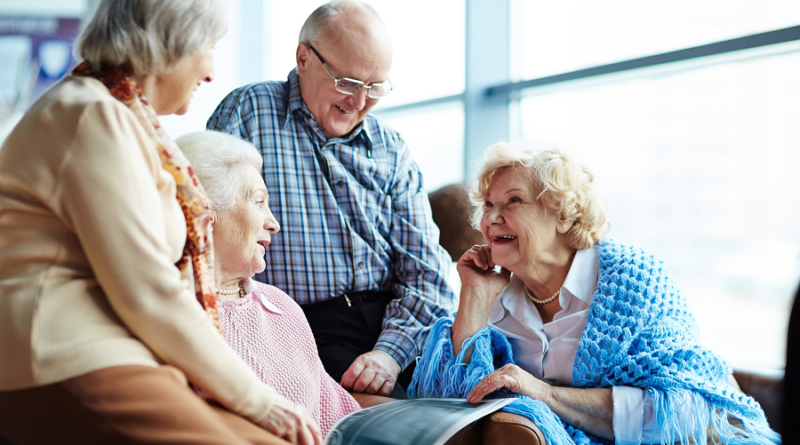The Impact of Social Interaction on Senior Health: A New York Perspective
Social interaction plays a crucial role in maintaining the health and well-being of seniors. For many elderly individuals in New York, staying socially active can be challenging due to mobility issues, health concerns, or the loss of friends and family members. However, the benefits of regular social engagement are significant, impacting physical health, mental well-being, and overall quality of life. Here, we explore the impact of social interaction on senior health and how New York offers unique opportunities for fostering these essential connections.
1. Mental Health Benefits
Social interaction significantly impacts seniors’ mental health. Engaging in conversations, participating in group activities, and maintaining relationships can help reduce feelings of loneliness and depression. Studies have shown that seniors who remain socially active are less likely to experience mental health issues and have a more positive outlook on life. In New York, numerous senior centers and community organizations offer a variety of social programs and events, providing ample opportunities for seniors to connect with others.
2. Cognitive Function Improvement
Maintaining cognitive function is a priority for many seniors, and social interaction is a key factor in preserving mental sharpness. Engaging in mentally stimulating activities, such as games, discussions, and learning new skills, can help keep the brain active and delay the onset of cognitive decline. New York’s diverse cultural landscape provides seniors with access to museums, libraries, and educational programs, all of which can contribute to cognitive health.
3. Physical Health Advantages
Socially active seniors often experience better physical health. Activities that involve social interaction, such as group exercise classes, dancing, or walking clubs, encourage seniors to stay physically active. Regular physical activity helps maintain mobility, strength, and overall health. New York’s parks, recreational centers, and senior fitness programs offer numerous opportunities for seniors to engage in physical activities while socializing with peers.
4. Enhanced Emotional Well-being
Emotional support from friends, family, and companions is essential for seniors. Having someone to talk to, share experiences with, and rely on can provide a sense of belonging and purpose. This emotional connection can significantly improve seniors’ emotional well-being, reducing stress and anxiety. In New York, organizations like senior advocacy groups and local community centers provide platforms for seniors to build meaningful relationships and receive emotional support.
5. Increased Sense of Purpose
Social interaction gives seniors a sense of purpose and belonging. Volunteering, participating in community events, or being part of social groups can make seniors feel valued and needed. This increased sense of purpose can lead to higher self-esteem and overall life satisfaction. New York offers numerous volunteer opportunities and community engagement programs specifically designed for seniors, allowing them to contribute to their communities and stay active.
6. Better Nutrition and Health Habits
Seniors who engage in social activities are more likely to maintain healthy eating habits and adhere to medical recommendations. Social settings, such as group meals and cooking classes, encourage seniors to eat nutritious foods and share healthy recipes. Additionally, companions and social networks can remind seniors to take medications and attend medical appointments. New York’s senior nutrition programs and community dining options support these healthy habits.
7. Access to Resources and Support
Being socially connected provides seniors with better access to resources and support systems. Friends, family, and community members can offer advice, share information about services, and provide assistance when needed. In New York, numerous resources are available to seniors, including transportation services, healthcare facilities, and support groups, all of which can be accessed through social networks.
Conclusion
The impact of social interaction on senior health cannot be overstated. From mental and physical health benefits to enhanced emotional well-being and a sense of purpose, staying socially active is essential for seniors. In New York, a wide range of programs and opportunities exist to help seniors stay connected and engaged. By promoting social interaction, we can ensure that seniors lead healthier, happier, and more fulfilling lives.




